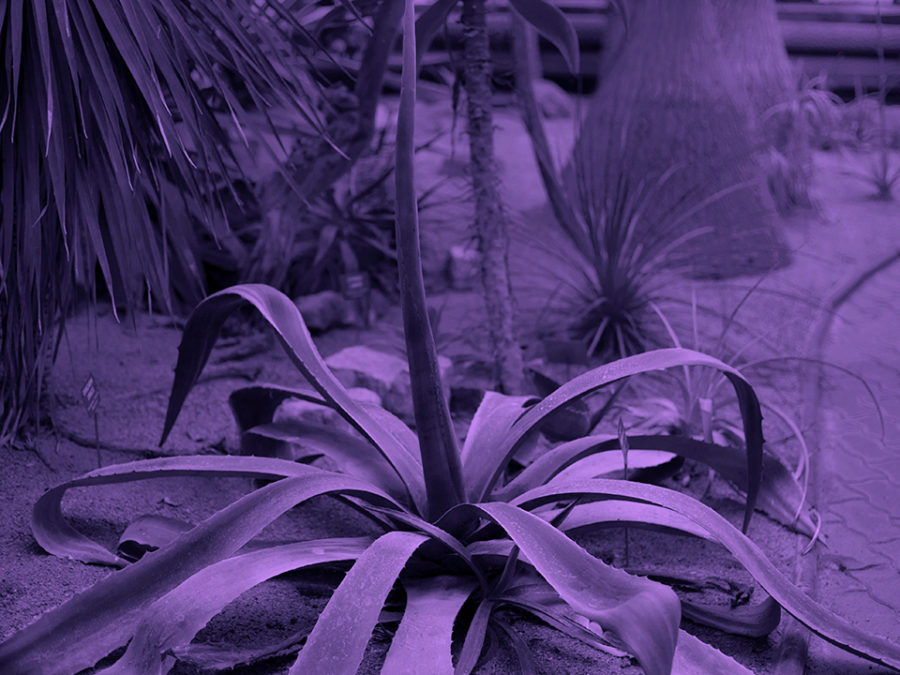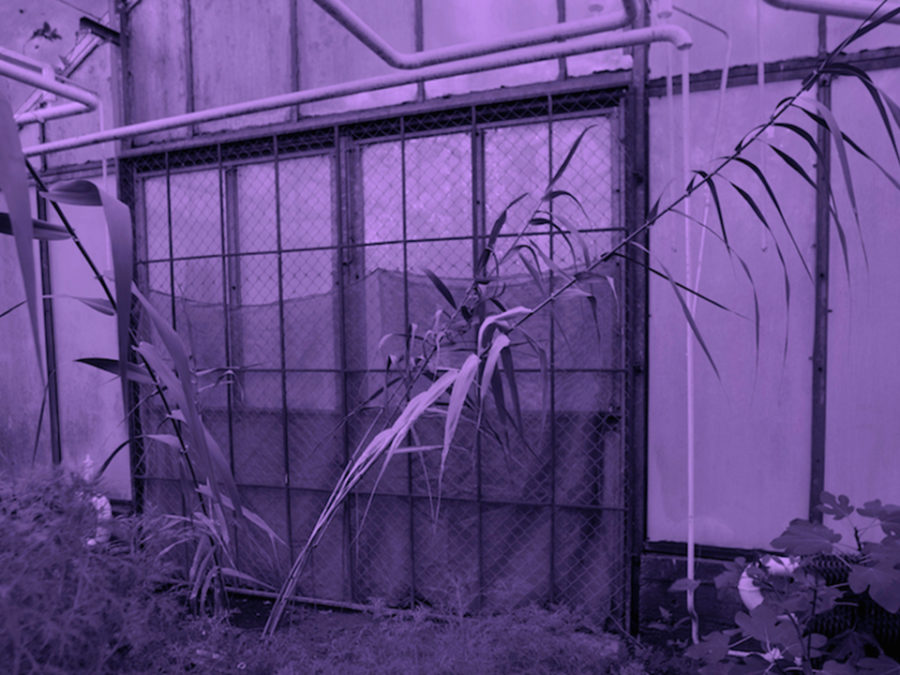The wild species of carnation (qirnefîl in Kurdish, dianthus in Latin) are at home in the lands around the Mediterranean sea. Since ancient times carnation is used in medicinal and ritual/symbolic ways by humans. Carnation can heal sicknesses of the nerves and of the heart, it reliefs fevers, pain, stress, muscle spams, chest congestions, excessive gas and treats hair and skin problems. The flowers of the carnation plant are solitary, bisexual, sweetly scented and have become imbued with anti-hegemonic political symbolism during the 19th and 20th century – they carry feminist, socialist, anti-colonial and revolutionary affiliations as well as traumatic memory (red) and they bloom queerness (green).
The wild carnation is one of a group of medicinal plants that grow across Kurdistan who make an appearance in Marwa Arsianos’ film Who Is Afraid of Ideology? Part 1 & 2. Based on conversations with members of the Kurdish autonomous women*s movement in guerrilla women*s houses in the mountains of Iraqi Kurdistan and a women* only commune in Northern Syria, her film explores the relationships between ideology and living practice, and, ecology as practice and theory.
Our ecological consciousness within the movement evolved within our communal life in these conditions of war. There’s always a strong parallel between the massacre of nature and that of women. We, the women’s movement, had to protect our existence. […]
My first ecological teacher was my mother. She taught me that we as humans have a place in nature, like trees and birds. I have the right to exist, like all other species in the same place.
Pelshin is one of the ideologues of the women’s movement. She serves on multiple committees; one of them is the jineology committee (Kurdish for “the study of women”), which is a project to rewrite the history of science from the perspective of women. The committee also publishes a quarterly journal, Jineology. Thinking of different paradigms of the communal life within the party and the relationship between knowledge, ideas, and practice, Pelshin presents us with so many contradictory ideas and situations from guerilla life. How to inhabit these contradictions? In the case of the autonomous women’s movement, the conditions of existence are in complete contradiction with the ecological paradigm, due to the war situation. But the ecological paradigm itself and the way it is practiced were born from the guerillas’ communal situation and their life in the mountains.
Excerpt from Marwa Arsianos, Who’s Afraid of Ideology? Ecofeminist Practices Between Internationalism and Globalism, e-flux journal #93, September 2018.
Self-defense, eco-feminism, ownership, healing, resisting, state control, autonomy, collectivity, indigenous struggle, seed protection, and land rights define the common ground of women who are resisting extractivist industries.
How are we choosing to live and survive today? Can ideologies be transformative? How can life be fostered within the context of military conflict and war? […]
Who is Afraid of Ideology? Part 1 (2017) and Part 2 (2019), are shaped around interviews the artist made with members of the Kurdish autonomous Women’s Movement in Iraqi Kurdistan and Jinwar, a women-only commune in northern Syria, exploring the possibilities of a political praxis based on an existence close to nature and within armed struggle. While producing the films Arsanios organized different meetings with women farmers and ecological feminists from Syria, Lebanon, Colombia, Mexico, India, Poland, Denmark and Greece to exchange knowledge around their cooperatives and communes. Who is Afraid of Ideology? Part 3, Microresistances (2020) partly filmed in the South of Tolima in Colombia draws from these intense exchanges.
Excerpt from Övul Ö. Dormusoğlu, “Marwa Arsianos”, in: berlin biennale 11, the crack begins within, 2020. P. 70
Image: Carnation in the Botanical Garden of the University Olomouc, November 2020. Photo: Monika Abrhámová
Marwa Arsanios is an artist, filmmaker, and researcher who reconsiders politics of the mid-twentieth century from a contemporary perspective. She approaches research collaboratively and seeks to work across disciplines. Her solo exhibitions were shown at kuc gallery in Lujubljana (2018) at the Beirut Art Center (2017); Hammer Museum, Los Angeles (2016); Witte de With Center for Contemporary Art, Rotterdam (2016). She is the co-founder of 98weeks Research Project. She is currently a phd candidate at the Akademie der bildenden Kunst in Vienna.



